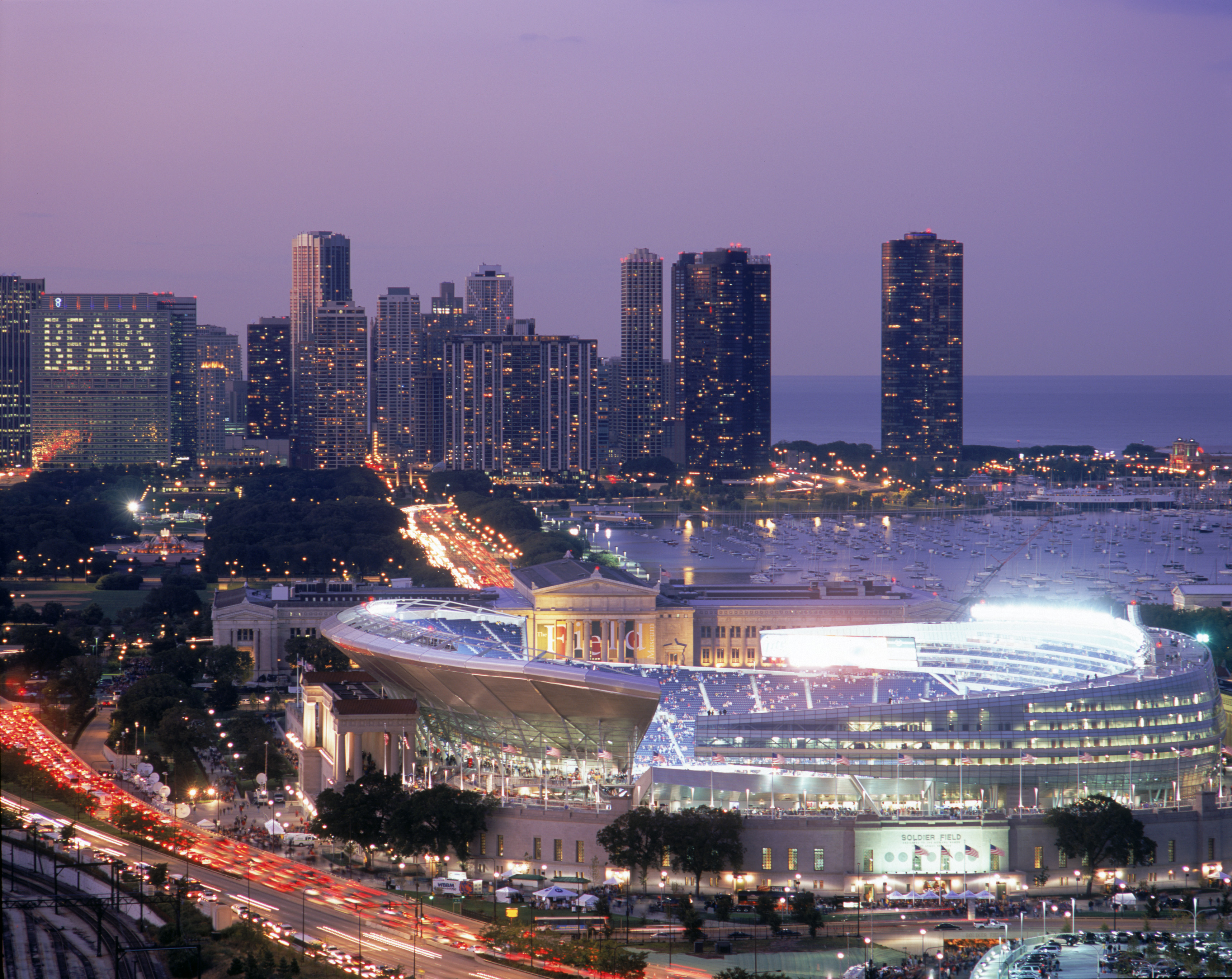
Gas tax revenue in Illinois could plummet by hundreds of millions of dollars this year because coronavirus restrictions are keeping drivers off the road, possibly delaying some major road and rail projects, a think tank has warned.
The report from the Illinois Economic Policy Institute concluded that road travel has dropped by nearly half and the state could lose $296 million to $559 million this year as a result.
Frank Manzo IV, the report's co-author and the institute’s policy director, told the Chicago Tribunethat that the numbers in the report are dependent on the state making strides to defeat COVID-19.
“If we do not have more testing, if we don’t have more treatments and a clinically proven vaccine ... there is a chance that our estimate is conservative,” Manzo said.
Feeling out of the loop? We'll catch you up on the Chicago news you need to know. Sign up for the weekly Chicago Catch-Up newsletter here.
Last year, the Illinois General Assembly passed a six-year, $45 billion infrastructure package that allocated $33 billion in subsidies to transportation, including road repairs, train line extensions, new locomotives and other equipment.
Under the bill, money would be spent on Amtrak service to Rockford and Metra service to Kendall County, an expansion of Interstate 80 and an upgrade of the Chicago Transit Authority's Green Line station at Cottage Grove.
Funding for the projects came primarily through a doubling of the state’s 19-cent-per gallon motor fuel tax, which began last July.
Local
“The bottom line here is none of us really knows what’s going to happen,” said Mary Tyler, the institute’s transportation analyst and co-author of the report, which was released Wednesday. “It’s safe to assume we’re going to see some reductions moving forward. A lot of people may be extending working from home, even after the stay-at-home order is lifted.”
The report recommends an injection of federal emergency relief to keep the transportation projects alive.
Michael Sturino, president and CEO of the Illinois Road and Transportation Builders Association, said the industry has already seen local authorities pulling back on some smaller projects, such as resurfacing.
The Regional Transportation Authority oversees the budgets for the CTA, Metra and Pace. RTA Executive Director Leanne Redden said the Department of Transportation has already issued bonds to fund the assigned projects and that she's “not too concerned” about delays because the money is available.



